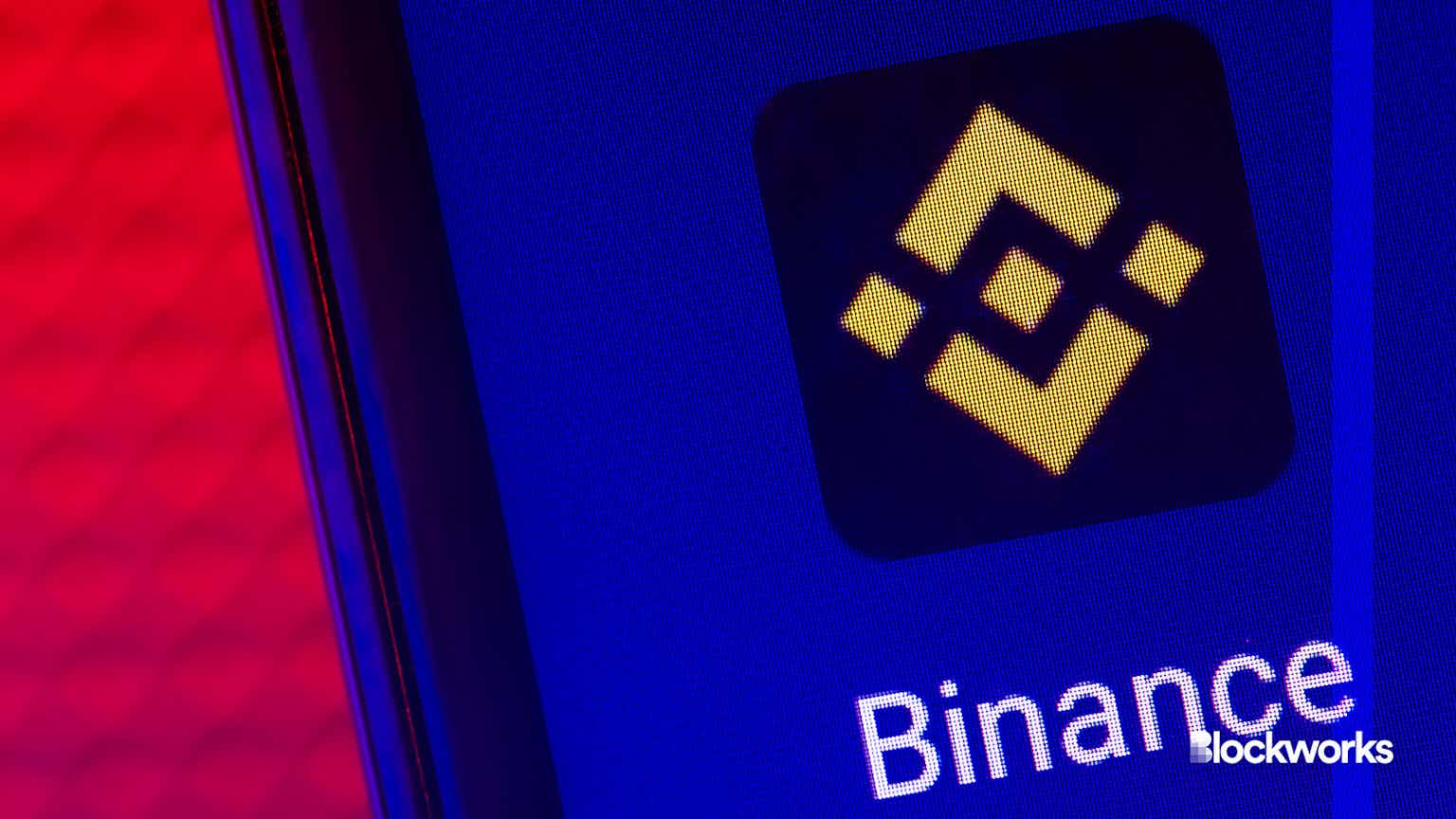Grayscale Urging SEC to Approve Bitcoin Spot, Futures ETFs at Same Time
Bloomberg Intelligence analysts call potential upcoming futures ETF approval “worst-case scenario” for firm’s GBTC.

David Lavalle, head of ETFs, Grayscale Investments
key takeaways
- Futures-based bitcoin ETFs “inferior” to spot offerings due to additional costs and operational complexity, according to David Lavalle, Grayscale’s head of ETFs
- SEC Commissioner Hester Peirce says she does not know timeline for approval of spot or futures-based bitcoin ETFs, noting she has been “mystified” by the agency’s approach to the asset class
As some industry analysts believe the SEC will approve a bitcoin futures ETF in this year’s fourth quarter, Grayscale Investments’ head of ETFs is urging the SEC to approve a spot bitcoin product at the same time.
The New York-based firm has previously shared its plans to convert the Grayscale Bitcoin Trust (GBTC) to an ETF. The investment product currently has $30 billion assets under management.
“A bitcoin futures ETF approval should also be concurrent with a spot bitcoin ETF approval,” David LaValle told Blockworks. “We just believe it should be a level playing field, and ultimately that will give our investors an opportunity to make an active decision on how they want to seek their bitcoin exposure in the form of an ETF wrapper.”
While Bloomberg Intelligence analysts have predicted SEC approval of a futures-based bitcoin ETF as soon as October, they added in a research note last week that, based on the recent comments from SEC Chairman Gary Gensler, GBTC has no chance of converting to an ETF anytime soon. The note’s authors, James Seyffart and Eric Balchunas, called a bitcoin futures ETF the “worst-case scenario” for Grayscale’s product.
“The inability to convert for an extended period, amid potential competition from newly launched futures-based Bitcoin ETFs, could erode demand for GBTC and widen its discount,” Seyffart and Balchunas wrote. “Risks may be enhanced if fees for the new ETFs are half of GBTC’s 2%.”
Gensler has previously said that his agency would “look forward” to reviewing ETF filings that are limited to investing in bitcoin futures contracts. Gensler implied during a virtual forum last month that the SEC would favor ETFs filed under the Investment Company Act of 1940, commonly known as the ’40 Act, which he said “provides significant investor protections.”
LaValle, the former CEO of Alerian who joined Grayscale last month, said that the GBTC conversion would be filed under The Securities Act of 1933. He noted, however, that the firm could implement a number of the protections of the ‘40 Act, such as having a board of directors comprised of independent members.
Grayscale’s ETF head added that bitcoin futures, and ETFs that would invest in them, are still ultimately based on the underlying spot market.
“Futures-based ETFs versus spot-based ETFs are inferior products,” LaValle said. “They have additional costs, they have additional operational complexity, and they introduce uncertainty in the return profile. And those three reasons are precisely why in other asset classes, you haven’t seen futures-based ETFs … gain assets as favorably or strongly as spot ETFs.”
A futures-based bitcoin ETF is constantly buying and selling the contracts, which can decay returns when the futures curve is in contango, Seyffart and Balchunas said in the note.
State Street Global Advisors’ SPDR Gold Trust (GLD) and BlackRock’s iShares Gold Trust (IAU) have about $58 billion and $29 billion assets under management, respectively. Meanwhile the Invesco DB Gold Fund (DGL), which tracks an index of gold futures contracts, holds $83 million in assets.
Bitcoin futures versus spot ETFs
SEC Commissioner Hester Peirce, who has previously said she believes the agency should have already approved a bitcoin ETF, noted in an interview with Blockworks that the delay is harming investors who want regulated exposure to the asset class.
She added that physically backed bitcoin ETFs and bitcoin futures ETFs are very different types of products, noting that the demand for the latter is yet to be seen.
“We’ll see how they function, how expensive they are and so forth,” Peirce explained. “…I’m not weighing in one way or the other. It might be a more attractive product to some and a less attractive product to others.”
Invesco and ProShares were the first to file for futures-based bitcoin ETFs following Gensler’s comments, and VanEck, Valkyrie and Galaxy Digital also filed for similar products.
In terms of ETFs that would invest in the cryptocurrency directly, more than a dozen await regulatory approval, as some firms have had pending applications for years. The SEC once again delayed its decision to approve or deny the VanEck Bitcoin Trust, pushing back the date to at least Nov. 14, according to a document published Wednesday.
Peirce said she does not know when the SEC might approve a spot bitcoin ETF or a bitcoin futures ETF, or whether they would consider approving them at the same time.
“I’m trying to get in the head of my colleagues to understand what it is they’re looking for with respect to a spot bitcoin [exchange traded product] approval,” Peirce said. “… You’re talking to someone who has been mystified by the agency’s approach to these things for my entire tenure at the agency.”
Gensler’s office did not immediately return Blockworks’ request for comment.
Following filings for bitcoin futures ETFs, VanEck and ProShares had also revealed plans to launch Ethereum futures products. Both fund managers subsequently withdrew the applications for those proposed ETFs.
Industry watchers said that the SEC likely told the issuers that those types of products would not be approved anytime soon.
“There’ve been a couple of people who have come in, and there are ETH-based products in other jurisdictions as well, and so there is some experience with them, but less,” Peirce said. “I think we’ve been focused on what most people have been bringing to our attention, and that has been so far bitcoin-based products.”
Next steps for Grayscale?
“We will not convert GBTC into a futures-based product,” LaValle told Blockworks. “We believe it puts investors at a disadvantage.”
LaValle added that the approval of a futures-based ETF before GBTC can convert would affect more than just Grayscale clients or Grayscale investors, noting that ETFs and mutual funds hold shares of the trust as a way to get exposure to bitcoin.
Grayscale, which takes pride in its transparency and conversations with regulators, intends to continue its years-long dialogue with the SEC.
Three more of Grayscale’s products became SEC reporting companies on Friday, bringing the total to six. The designations mean the products are subjected to an additional set of reporting requirements and also gives existing shareholders of the fund an earlier liquidity opportunity.
“The SEC does not have an easy job here, so we don’t take that lightly,” LaValle said. “Ultimately it boils down to them having the job of protecting investors. We understand that and appreciate that.”
Are you a UK or EU reader that cant get enough investor-focused content on digital assets?Join us in London on November 15th and 16th for the Digital Asset Summit (DAS) London. Use code ARTICLE for £75 off your ticket. Buy it now.





